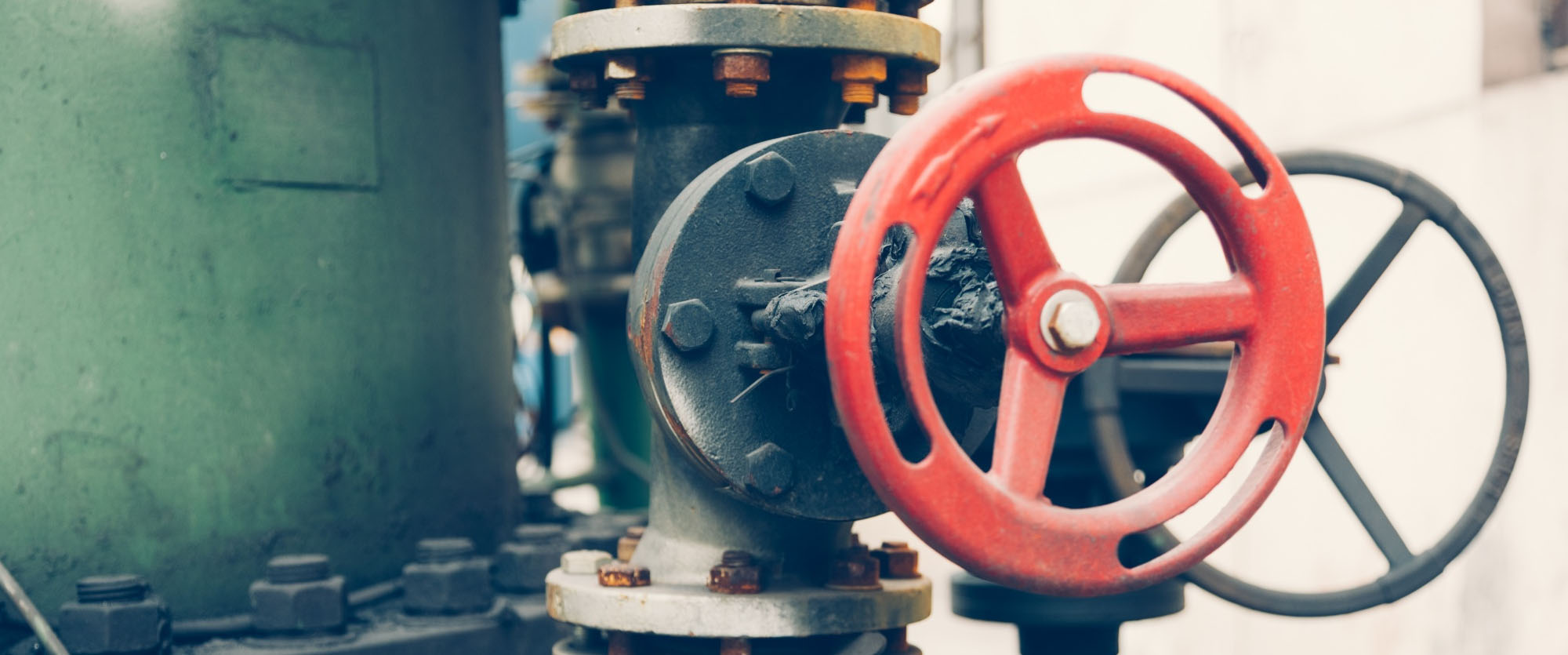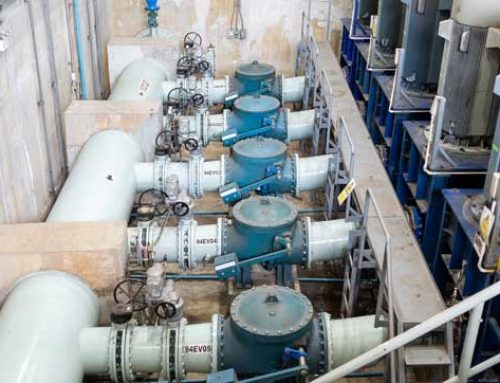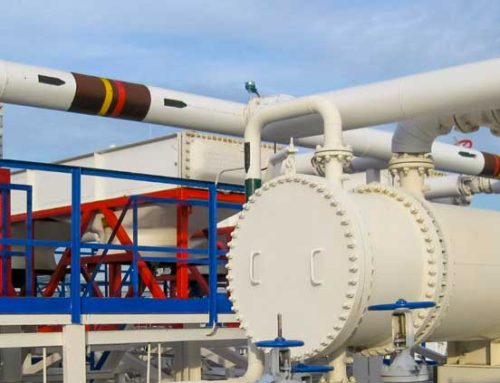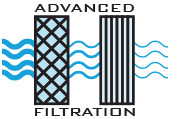Advanced Filtration deals with various industries where fluid handling is essential, and the efficient regulation and management of flow rates, pressure, and temperature are paramount. One crucial component that aids in achieving this efficiency is triple-duty valves. This small but mighty piece of equipment comes up time and again when discussing industrial filtration solutions for our clients, so in this blog post, we’re going delve into what they are and how they work. We’ll also look at their different applications across industries, their significance, the materials of construction, and other important aspects.
What is a Triple Duty Valve?
So, first things first: what exactly is it? A triple duty valve is a specialized type of valve designed to perform three primary functions within a single unit: balancing, throttling, and shut-off. These valves are engineered to control flow rates, maintain system stability, and ensure optimal performance across various fluid handling systems.
How does a Triple Duty Valve Work?
Triple duty valves operate based on their unique design, which integrates components for balancing, throttling, and shut-off functions. They typically consist of a globe-style valve body with an integrated balance piston or plug. This design allows for precise control over flow rates while maintaining system stability by equalizing pressure differentials across the valve.
During operation, the balance piston or plug responds to changes in pressure to maintain a consistent pressure drop across the valve. This ensures that flow rates remain constant, contributing to efficient system operation. Additionally, triple duty valves feature throttling capabilities to adjust flow rates as needed and can fully shut off flow when necessary.
Industries and Applications
Triple duty valves find applications across various industries where precise control of fluid flow is critical. Some common industries and applications include:
- HVAC Systems: Triple duty valves are used in heating, ventilation, and air conditioning (HVAC) systems to regulate flow rates of chilled water, hot water, and condenser water.
- Water Treatment: These valves play a crucial role in water treatment plants for regulating flow rates of treated water, chemicals, and other fluids.
- Industrial Processes: Industries such as manufacturing, chemical processing, and power generation utilize triple duty valves for controlling flow rates of steam, chemicals, and process fluids.
- Building Services: In commercial and residential buildings, triple duty valves are employed in plumbing systems for maintaining water pressure and temperature control.
The Importance of Triple Duty Valves
As you can probably already glean, there are several key benefits of using these valves in your systems, such as:
- Efficiency: By combining multiple functions into a single unit, triple duty valves streamline system design and operation, improving overall efficiency.
- Precise Control: These valves provide precise control over flow rates and pressure, ensuring optimal performance of fluid handling systems.
- System Stability: So much of what we help our clients achieve is stability in their filtration systems. The balancing function of triple duty valves helps maintain system stability by equalizing pressure differentials, reducing the risk of flow fluctuations and system failures.
Materials and Additional Considerations
So what are triple duty valves usually made of? Materials such as stainless steel, bronze, or cast iron are typically chosen for their durability and resistance to corrosion.
Additionally, considerations such as valve sizing, installation requirements, and maintenance schedules are essential for ensuring proper functionality and longevity of these items–as well as any filtration item in your industrial filter system, in fact. If you’re interested in learning about other valves, check out our article on floating ball valves.
Advanced Filtration Has Your Filter Needs
Triple duty valves play a vital role in various industries by offering efficient control over fluid flow rates, pressure, and system stability, and Advanced Filtration offers some from our partners at Islip Flow Controls (IFC). Their multifunctional design, precise control capabilities, and importance in ensuring system efficiency make them indispensable components in fluid handling applications. Understanding their functionality, applications, and significance is crucial for engineers, system designers, and operators seeking optimal performance in fluid handling systems.
Contact Advanced Filtration for a free quote by using the contact form on this page or by calling 732-901-6676 directly. We look forward to helping you!







